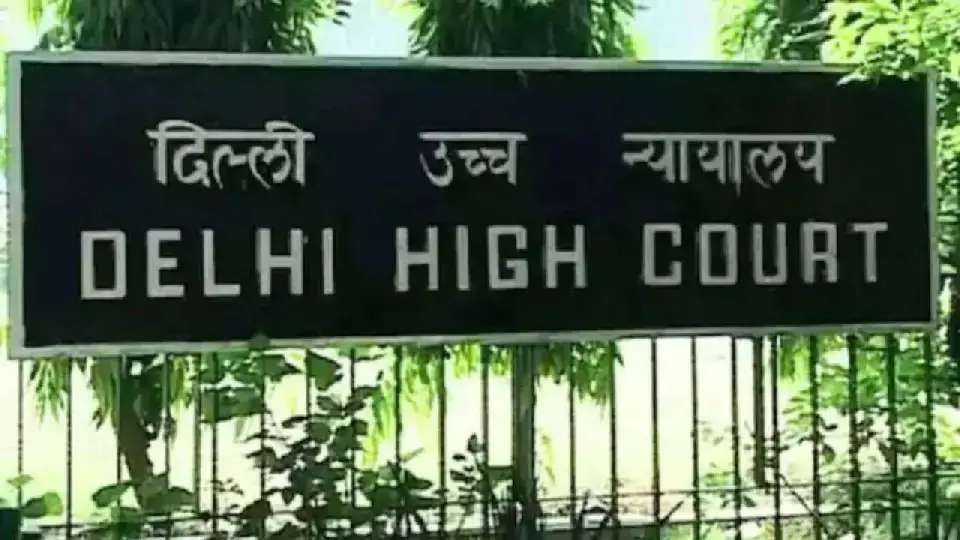
Delhi High Court (File Photo)
National News: The Delhi High Court has expressed serious concern over the ongoing confrontation between Islamic and Indian laws over the validity of child marriage and criminality. The court called it a 'repeated dispute.' Justice Arun Monga said that under Islamic law, if a minor girl reaches the puberty (puberty), her marriage can be considered valid. At the same time, Indian law does not accept it. Under the Indian Penal Code (IPC) and POCSO Act, such a person who is married will be considered criminals.
Looking at this dispute, the court said that "Isn't the time now that we move towards Uniform Civil Code (UCC)?". Justice Monga emphasized that there should be only one legal structure, so that individual or customary laws do not cross the national law.
The court also added that this conflict demands legal clarity and the solution is responsible to the legislature. The court said that it is up to the legislature to decide whether the entire community is to continue to be declared criminals or to increase peace and harmony through legal certainty.
The court also clarified that religious freedom cannot be so widespread that a person could avoid criminal obligation. Justice Monga suggested that a practical solution may be that ban on child marriage and punitive results for all, as it directly collides with both IPC and POCSO laws.
The comment came on a petition that was filed by a 24 -year -old youth. The accused alleged that he married a minor girl. While the girl stated her age 20 years, the prosecution claimed that she is between 15-16 years of age. Justice Monga said that a permanent solution should be left to the intelligence of the legislators of the country, but it is necessary to ensure it soon from the Parliament or the legislature.
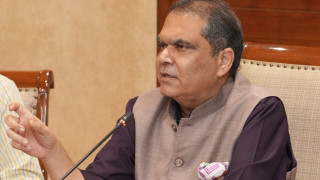
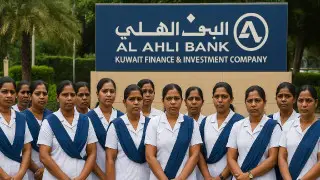
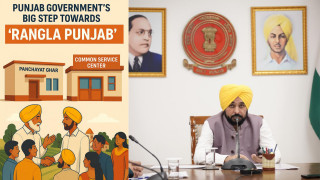
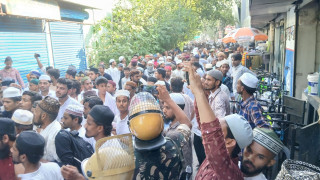
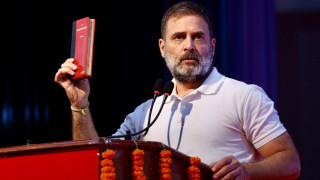








Copyright © 2025 Top Indian News
